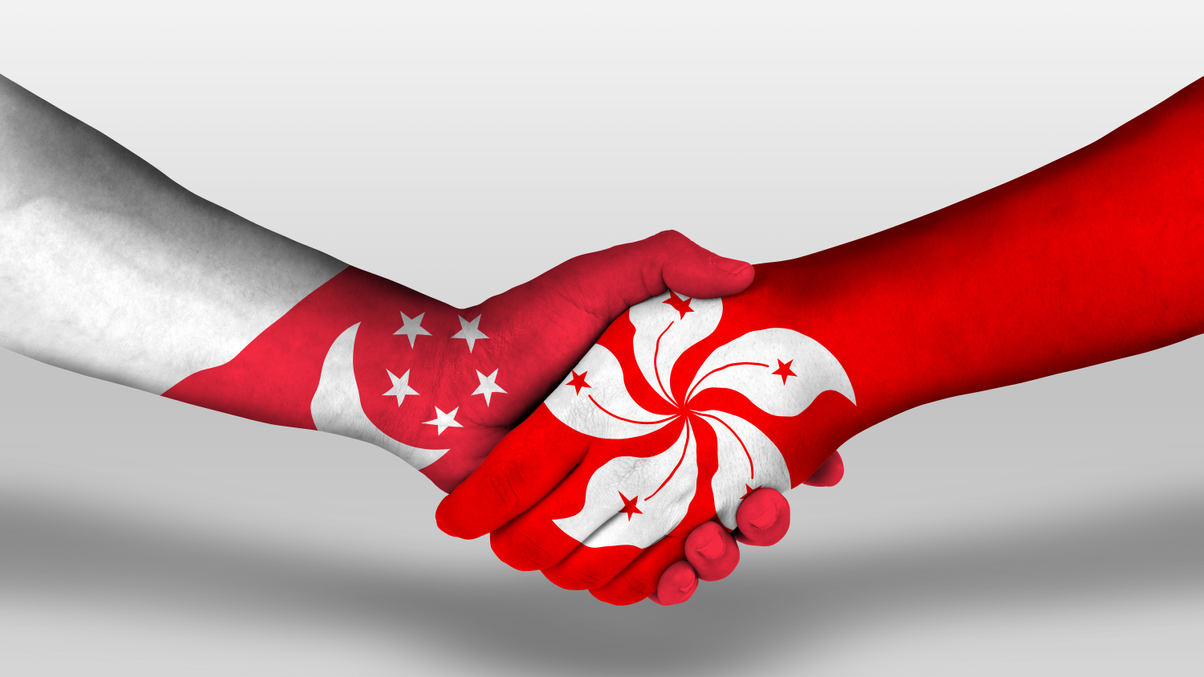INA: Hong Kong must resurrect itself as the gateway to North Asia for Asean
The head of Indonesia’s sovereign wealth fund has said Hong Kong will be back post-Covid, and the city offers a huge opportunity for Southeast Asia.

When it comes to the competition between Singapore and Hong Kong as Asia’s top finance and trade hub, it’s a fact universally acknowledged that Hong Kong is the doorkeeper for North Asia, while Singapore’s turf is South and South East Asia.
Sign in to read on!
Registered users get 2 free articles in 30 days.
Subscribers have full unlimited access to AsianInvestor
Not signed up? New users get 2 free articles per month, plus a 7-day unlimited free trial.
¬ Haymarket Media Limited. All rights reserved.


